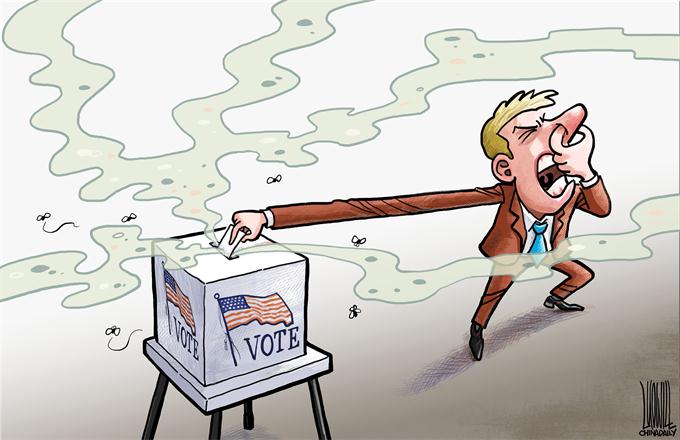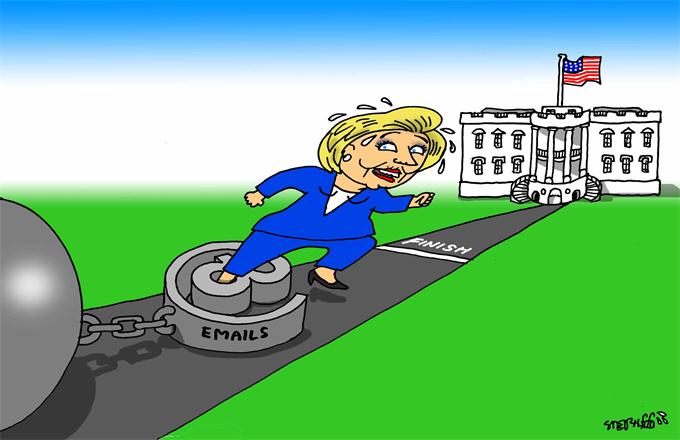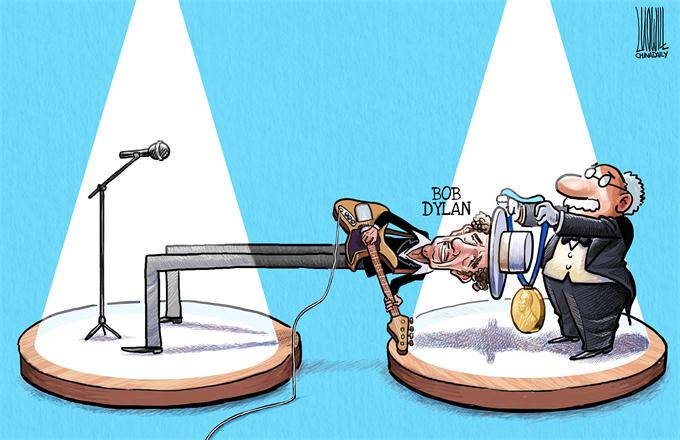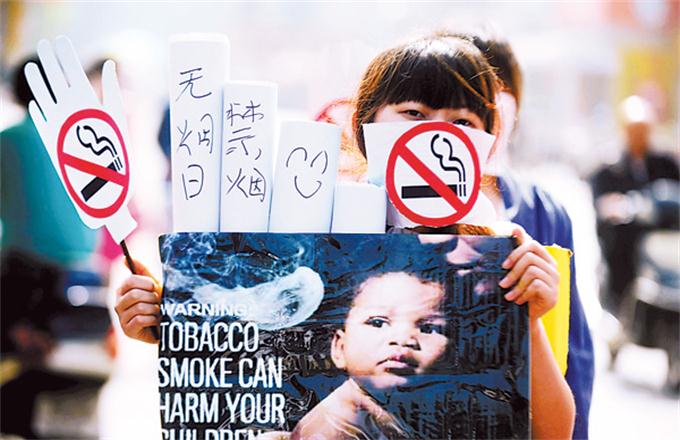A new equilibrium in Sino-US ties emerging
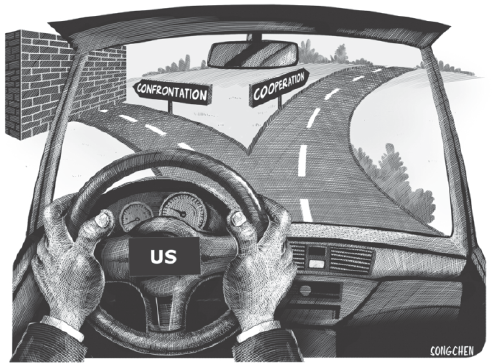 |
|
SONG CHEN/CHINA DAILY |
The China-US relationship on the whole has been stable during the eight years of Barack Obama's presidency, even achieving some major breakthroughs-on climate change for instance. However, strategic mutual suspicion has increased and bilateral ties have encountered huge difficulties on many occasions.
Although the possibility of a military conflict between China and the United States is slim, whether the China-US relationship will focus on strategic competition with only minimal essential cooperation, like the one between Washington and Moscow after the Ukraine crisis, has become a theoretical but serious question.
The rapid rise of China has prompted the US to believe that China will challenge its hegemony while Beijing is worried that Washington will go out of its way to disrupt or prevent China's rise. The relationship seems to have entered a dim "strategic tunnel", in which both have to feel their way and collide from time to time.
However, there are also signs of an emerging new strategic equilibrium. Despite their differences, the two countries have not come close to a direct confrontation. And although none of the key problems-such as the US arms sales to Taiwan, the South China Sea issue and cyber security-has been fundamentally resolved, some have gradually stabilized or cooled down.
There are some reasons for this emerging strategic equilibrium.
First, leaders of both countries are aware that the stakes of China-US relations are so high that neither side, nor the rest of the world, could afford a full estrangement. As such, whenever the relationship seemed to have reached a "cliff", leaders have shown a strong desire to put it back on track. Several times in the past few years, both governments have signaled at critical moments that no matter what is being disputed that measures must be taken to de-escalate the situation.
Second, leaders of the two countries have established fairly stable high-level exchange mechanisms. The number of meetings between Obama and two Chinese heads of state has been record high. Xi Jinping and Obama have had a series of long, informal and in-depth meetings to develop interpersonal trust.
The annual Strategic and Economic Dialogue and High-Level Consultation on People-to-People and Cultural Exchanges play an important role in promoting inter-agency coordination and advancing bilateral cooperation between the bureaucracies of the two countries. Indeed, the strategic significance and efficiency of these dialogues have to be improved.
Third, China and the US have maintained strong cooperation in major global issues. The agreement on climate change is regarded as the highlight of their relationship over the past few years. Similar cooperation has been seen in product coverage expansion under the World Trade Organization Information Technology Agreement, the Iranian nuclear issue and the response to Ebola outbreaks in West Africa. On the Democratic People's Republic of Korea nuclear issue, the two countries have acute differences over the deployment of the US' Terminal High Altitude Area Defense anti-missile system in the Republic of Korea, but it has not changed their shared position against the DPRK carrying out nuclear tests.
That bilateral disagreements on some issues have not seriously affected their cooperation on major global and regional issues testifies to the increasing maturity of their relationship.
And the steadily growing military-to-military relations between the US and China will help them avoid conflicts and confrontations. Given their not-so-friendly military-to-military relations in the past, it is gratifying to see them improve over the past more than four years.
Some disagreements on military-to-military exchanges do remain, but political and military leaders have increased contacts and continue their joint efforts to manage and control crises, and build confidence. For example, despite their disagreements over the South China Sea issue, the two countries' navies have been engaging each other in a professional manner.
No matter who is elected to the White House, so long as the new US president sees this silver lining, bilateral ties will continue to be stable for the next four years. If not, Washington could shatter the fragile new equilibrium and push the China-US relationship toward confrontation.
The author is director of the Institute of American Studies at the China Institutes of Contemporary International Relations.
Courtesy: chinausfocus.com


